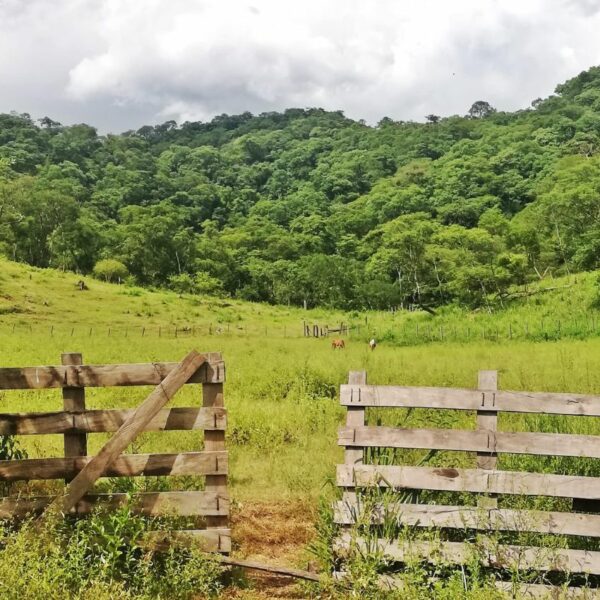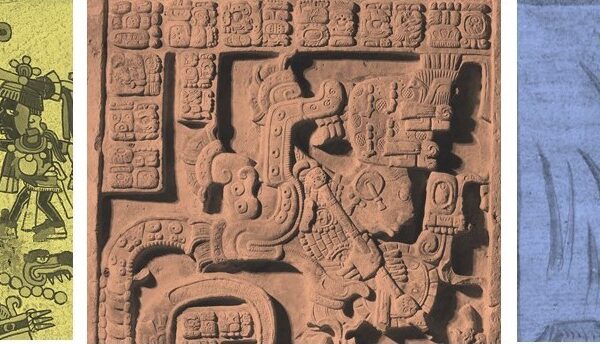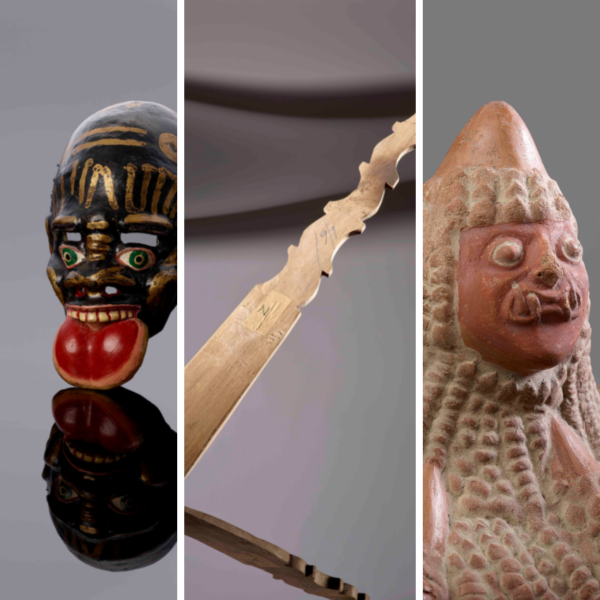Digital exhibition: The Coloniality of Gender and Sexuality
The white European and Christian Man became the standard by which all of humanity was ranked and his position was reinforced by controlling nations and communities of people that were colonised. Many of the nations that were colonised in America had a more equal gender structure before colonialism: some had women leaders and parallel or complementarity gender systems, meaning that although women and men held different roles, these were equal in status.
That is the case of the Wixárika or Huichol peoples, an Indigenous group of approximately 48,000 inhabiting the southern Sierra Madre Occidental, in North-Western Mexico. Wixárika is one of 69 Mexican Indigenous languages and belongs to the large Uto-Aztecan linguistic family. The Wixaritari’s outstanding heritage is sustained by their collective dedication to complying with ancestral traditions. These revolve around maintaining good relations with their ancestors and deities who control nature, intimately linked to the agricultural cycle.
Examples of the Wixárika (Huichol) collection at the British Museum
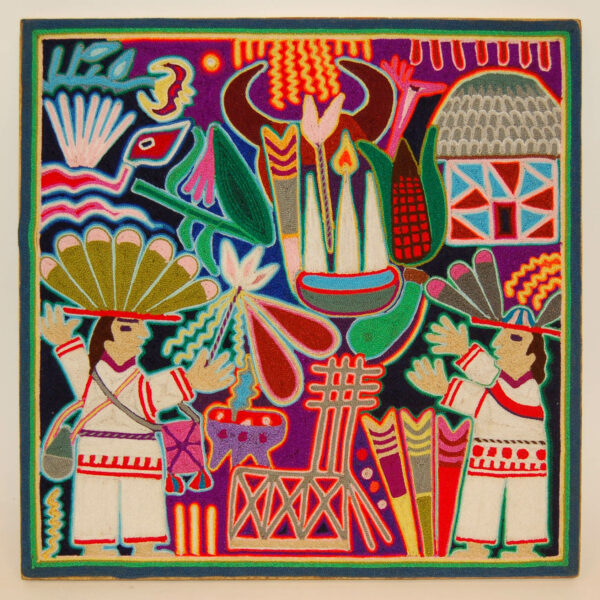
Am2003,17.2

Am1978,15.187
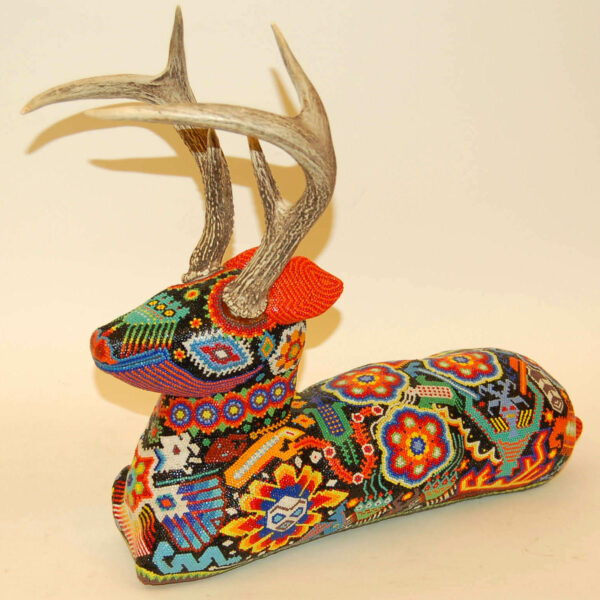
Am1995,02.6.a-c
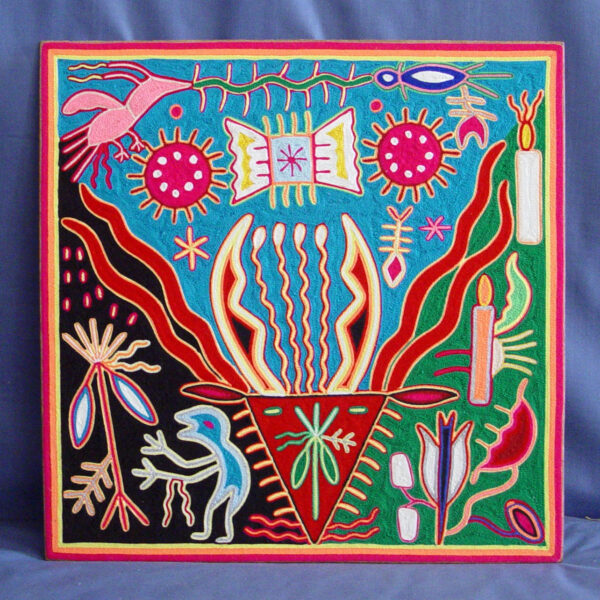
Am1995,02.5
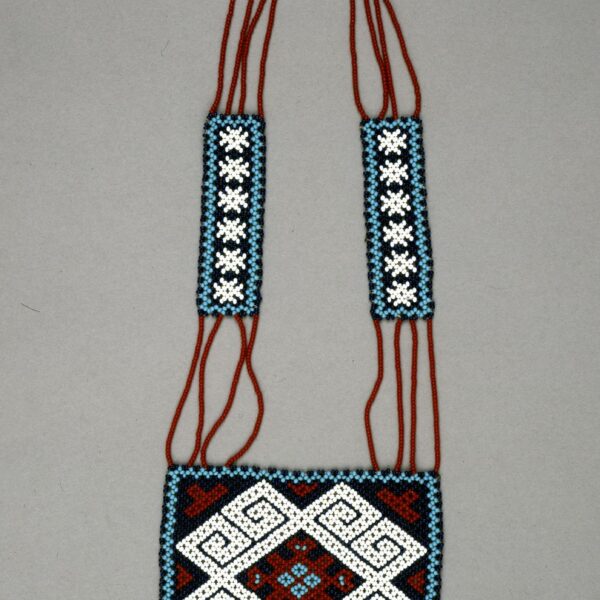
Am1978,15.174.i

Am1978,15.203
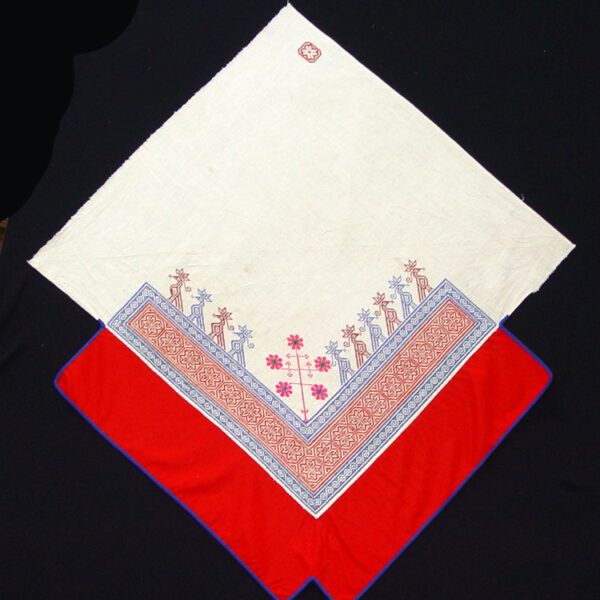
Am1978,15.175.b
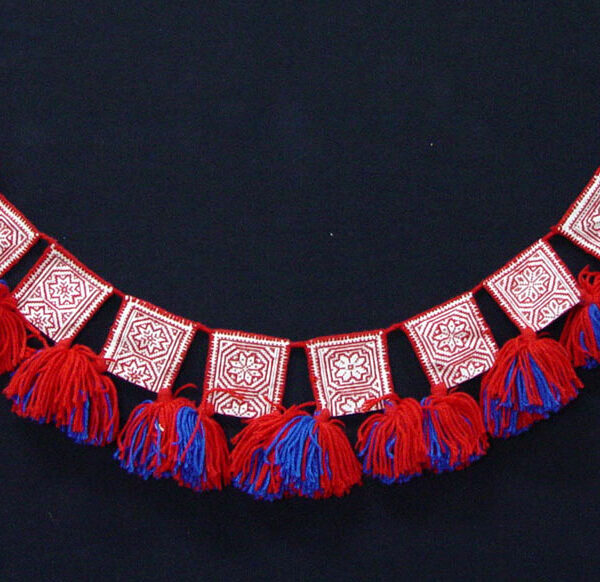
Am1978,15.176
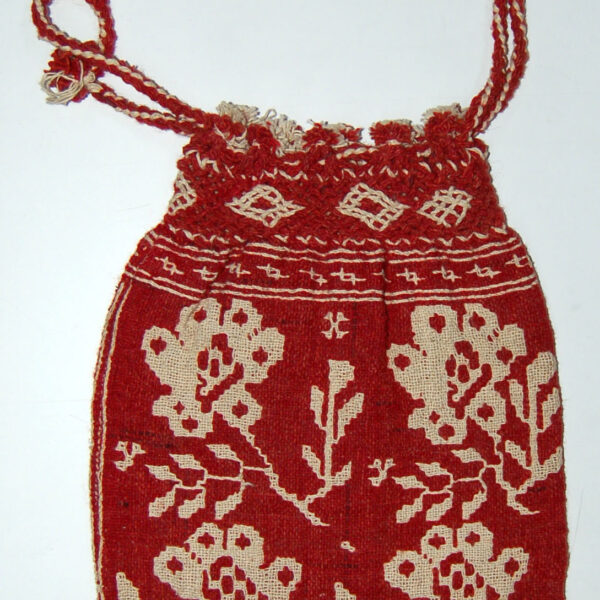
Am1964,+.40
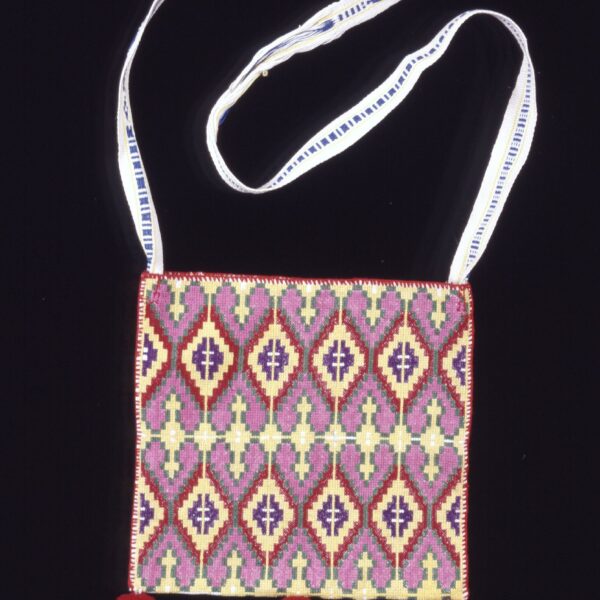
Am1978,15.174.h
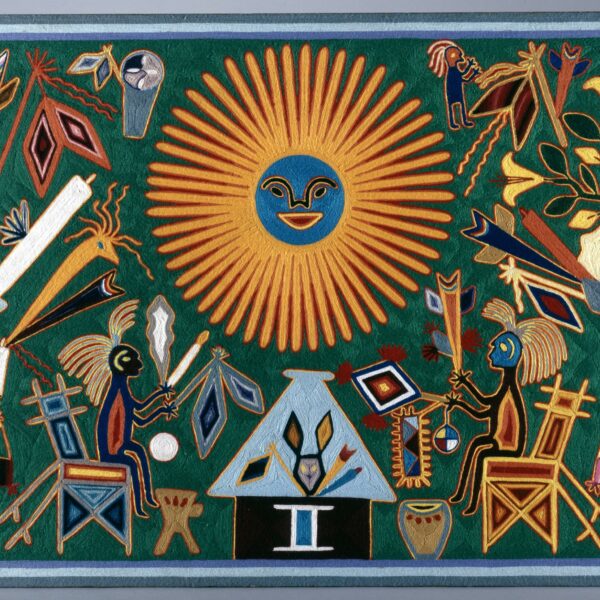
Am1978,15.204
The coloniality of gender is understood as the ongoing process of domination by one social group over another, resulting in unequal patriarchal gender relations that mirror those of the dominant group. It describes how relationships between women, between men and between women and men, changed through the unequal social interactions that began with colonialism and continue to this day.
This digital display, supported by SDCELAR, showcases the findings from Gender, health and the Afterlife of Colonialism: engaging new problematisations to improve maternal and Infant Survival, a Wellcome Trust Funded research project led by Dr Jennie Gamlin. Based on archives, photographs, bibliography and community testimonies as part of the Tuapurie Oral History Project, this research aims to understand how gender has changed through contact between the colonial State and later independent Mexican Republic and Wixárika indigenous communities.
